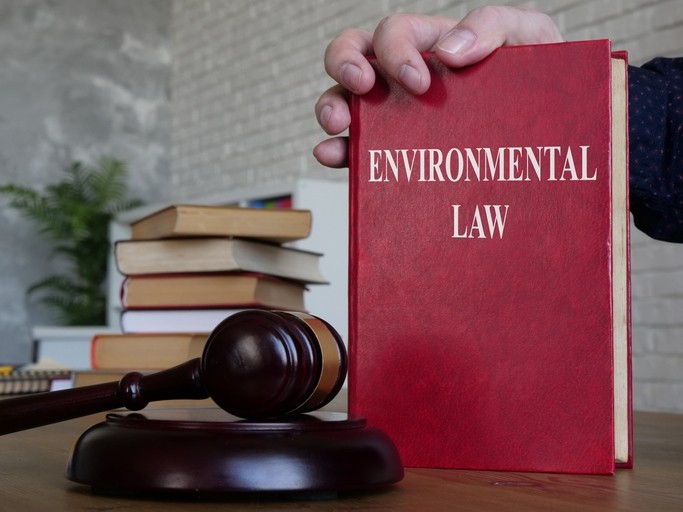US: Food to feed producer cited in pollution lawsuits brought by state of New Jersey

The lawsuits, announced yesterday [May 10] are aimed at holding the alleged polluters accountable for violation of environmental regulations and hurting communities.
The state’s AG and the DEP said the complaints involve a broad range of alleged environmental abuses by the responsible parties, including the releases of chemical and food waste contaminants into stormwater drains and, ultimately, surface bodies of water, among other pollutants.
Water pollution
The complaint against defendant Wilenta Feed Inc alleges violation of New Jersey’s Water Pollution Control Act.
Wilenta, they outlined, operates a food waste recycling business in Secaucus that involves converting food waste — largely bakery products — into animal feed or animal feed ingredients.
According to the lawsuit, Wilenta has allegedly been unlawfully storing its food waste in open-air piles, thereby exposing the waste to stormwater, which enters the sewer system and, ultimately, into such surface water bodies as Penhorn Creek, a tributary of the Hackensack River.
In addition to seeking a court order directing Wilenta to halt its reported open-air storage of food waste, the parties said the lawsuit seeks civil penalties against the food to feed processor and reimbursement to the state for costs it has incurred, or will incur, to investigate, inspect and monitor the property.
Some 39 environmental justice lawsuits have been filed by the New Jersey AG and the DEP since 2018, yielding nearly US$20m in judgments according to the state’s AG's office.
“Many of these cases also have resulted in court orders requiring responsible parties perform cleanup activities to protect human health and the environment. These orders also achieve cost savings to the taxpayers by holding polluters and other responsible parties financially accountable.”








